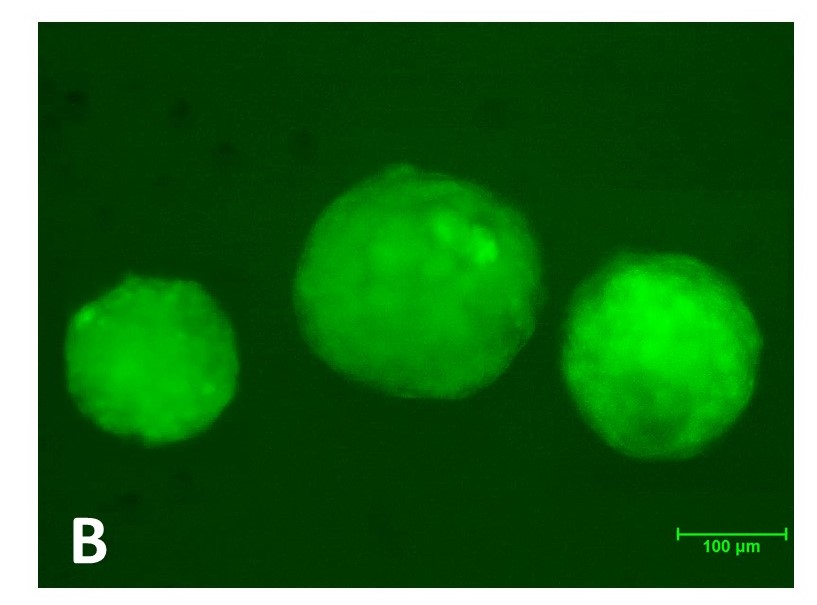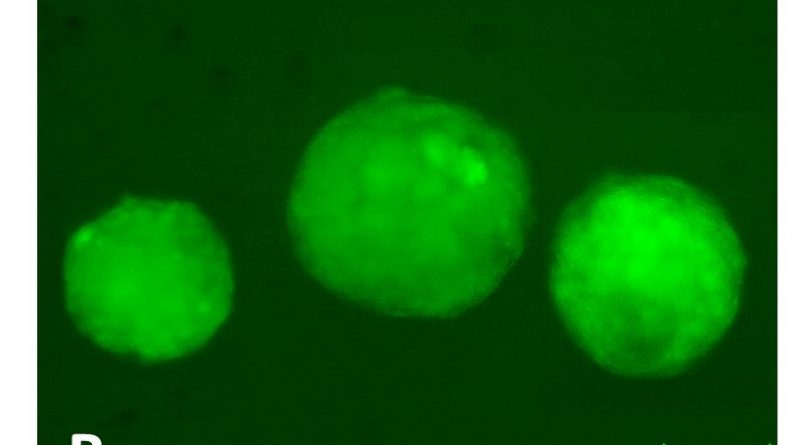CREATED MICROBIOREACTORS THAT ALLOW TO CHECK THE CELLULAR DIFFERENTIATION IN VITRO
Cell shape and function, its phenotype, are determined by epigenetic mechanisms and are influenced by the microenvironment in which it reside and from which it receives biophysical signals mediated by the extracellular matrix.
With this publication, a group of Italian researchers, including Fulvio Gandolfi, professor of Anatomy and Physiology at DiSAA, continued their research on how epigenetic mechanisms interact with environmental signals so as to be able to control cell differentiation. In their previous research the group had already shown that it is possible to modify the epigenetic signature of a mature cell so that to modify its phenotype. In parallel, in vitro studies have shown that 3D culture systems, imitating the microenvironment of the original tissue, have significant effects on the morphology and physiology of the cells.
This paper describes the creation of micro-bioreactors made of a thin film of PTFE, more commonly known as Teflon ™, which allow the transformation of fibroblasts, the connective tissue cells, into pluripotent stem cells.
These results add another tile to the development of technologies that allow the control of cell differentiation and further advance our knowledge on how to make cell cultures in vitro more and more similar to the tissues from which they derive. In the near future this will drastically reduce the use of animal experimentation, while still allowing accurate and significant experimental data to be obtained.

REFERENCE
Pennarossa G, Manzoni EFM, Ledda S, DeEguileor M, Gandolfi F and Brevini TAL 2019. Use of a PTFE Micro-Bioreactor to Promote 3D Cell Rearrangement and Maintain High Plasticity in Epigenetically Erased Fibroblasts. Stem Cell Reviews and Reports 15, 82–92.
WEB SITE OR LINK: https://www.ncbi.nlm.nih.gov/pubmed/30397853

